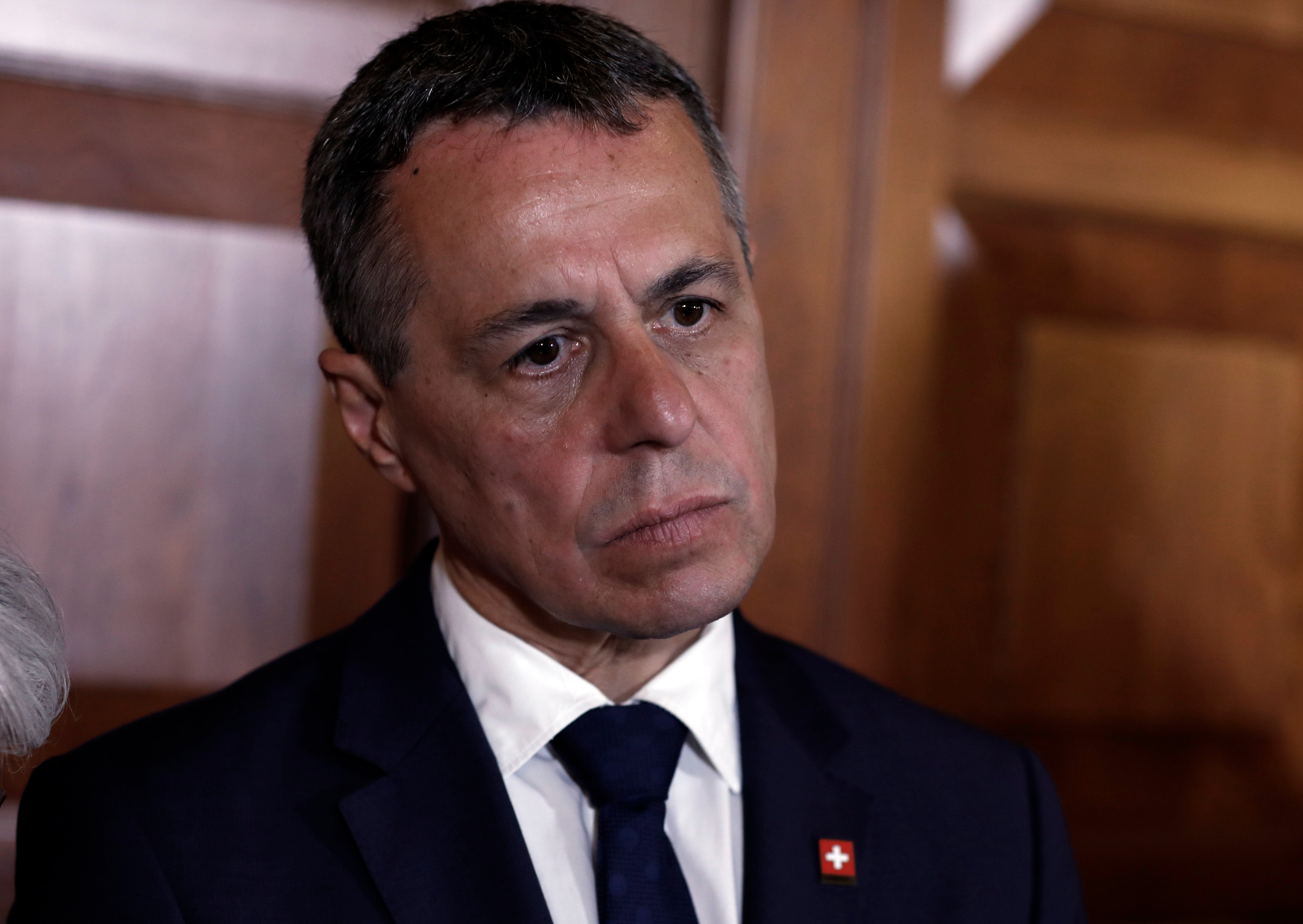Switzerland ends talks toward sweeping new accords with EU
The Swiss government has pulled out of years-long negotiations with the European Union on a comprehensive package of bilateral accords

The Swiss government on Wednesday pulled out of years-long negotiations with the European Union on a comprehensive package of bilateral accords, after the two sides failed to reach agreement on the cross-border movement of jobseekers and other key issues.
Foreign Minister Ignazio Cassis said the government informed European Commission President Ursula von der Leyen about Switzerland s decision to withdraw from the talks — a breakdown that could resonate with Britain as it seeks to flesh out its own ties with the EU following the wrenching, divisive Brexit process.
The collapse of talks could have significant repercussions for the wealthy Alpine nation of about 8.5 million people, which is all but surrounded by EU nations. Some 1.4 million EU citizens live in Switzerland, and about 340,000 people commute across the border to work in an array of Swiss industries.
The negotiations largely stumbled over EU demands for its citizens to have full access to the Swiss labor market, including those seeking work. Switzerland had resisted such a move. Cassis said it could mark a “paradigm shift” which might result in non-Swiss citizens getting social security rights.
Cassis said Switzerland hoped to remain a close partner of the 27-nation bloc, with which it has more than 100 bilateral treaties, but also suggested his country deserved respect it wasn't getting from the EU.
“We want Switzerland to be treated on an equal footing compared to other third-party states (outside the EU), whether it's a question of cooperation or the recognition of equal standards," Cassis told reporters in Bern, the capital.
The EU's executive Commission expressed regret at what it called a “unilateral” Swiss decision, and said the negotiations were aimed to ensure that anyone with access to the bloc's single market faces the same conditions. It said decades-old EU-Swiss agreements were “not up to speed” for current bilateral ties.
"We will now analyze carefully the impact of this announcement," it said.
But the bloc has been unflinching in its previous warnings about what a failure to strike the “institutional framework agreement” would mean. The EU has circulated a fact sheet suggesting that a lack of common rules could cause Switzerland to lose its “privileged” connection with the bloc’s electricity system and that the lack of a framework accord was “hampering access of Swiss air carriers to the EU’s internal market.”
The EU also suggested that cooperation in the health sector or labor market would suffer. It has warned that failure to reach an agreement could harm numerous existing agreements, including cooperation in the areas of trade, education and research.
Over the years, the Swiss have demonstrated hot-and-cold attitudes about EU migrants, which has put pressure on top politicians in a country where a nationalist, populist party still holds the most seats in parliament.
Lawmakers, bound by previous pacts with the EU, struggled to apply the popular will as expressed in a 2014 referendum called “Stop mass immigration,” which largely was intended to cap the number of EU citizens in Switzerland.
Cassis acknowledged that the potential cost of granting the EU's demands were only part of the calculation.
“A very important element, which the federal council perhaps considered more serious, was the political dimension,” he said. “If there's one issue that's delicate and sensitive in the population, it's the issue of free movement."
The minister suggested that after spending years fine-tuning its immigration policy to achieve “social peace," the Swiss government did not want to upset that balance.
Cassis said the government has long maintained that it wants to keep ties built on bilateral agreements and that other talks could continue even if the ones on a sweeping framework accord had failed.
“This shouldn’t be compared with Brexit at all. Brexit was the exact opposite,” Cassis said. “They (the British) took a step backward and wanted to completely distance themselves. So it’s a totally different logic than that of Brexit, and we are not before a cliff edge.”
___
Jordans reported from Berlin. Raf Casert in Brussels contributed to this report.
Bookmark popover
Removed from bookmarks